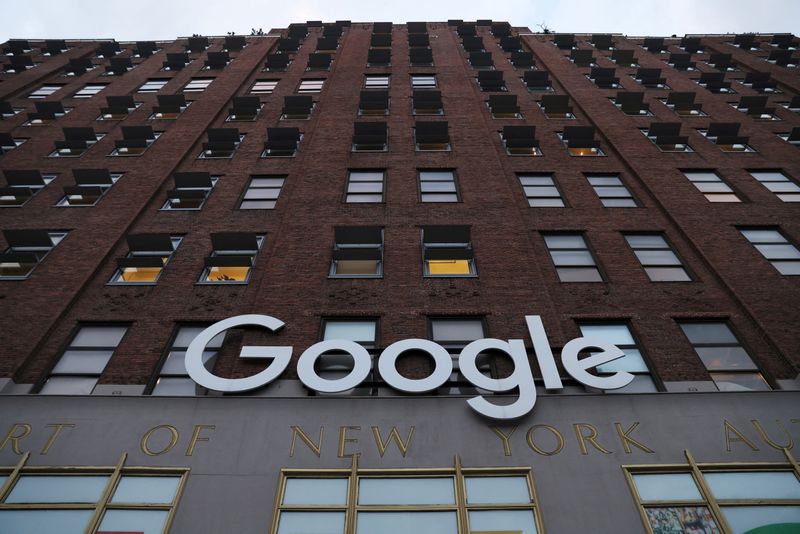
The current incarnation of the American Dream narrative holds that if you acquire enough cultural capital (skills and education) and social capital (connections, access to networks), you will be able to translate that capital into both economic capital (cash) and happiness. Cultural capital and social capital are seen as there for the taking (particularly with advances in internet technology), so the only additional necessary ingredients are pluck, passion, and persistence all attributes that allegedly come from inside us.
The American dream is premised on the assumption that if you work hard, economic opportunity will present itself, and financial stability will follow, but the role of cultural and social capital in paving the road to wealth and fulfilment, or blocking it, may be just as important as economic capital. Some people are able to translate their skills, knowledge, and connections into economic opportunity and financial stability, and some are noteither because their skills, knowledge, and connections dont seem to work as well, or they cant acquire them in the first place because theyre too poor.
Today, the centrality of social and cultural capital is obscured (sometimes deliberately), as demonstrated in the implicit and explicit message of Oprah and her ideological colleagues. In their stories, and many others like them, cultural and social capital are easy to acquire. They tell us to get an education. Too poor? Take an online course. Go to Khan Academy. They tell us to meet people, build up our network. Dont have any connected family members? Join LinkedIn.
Its simple. Anyone can become anything. Theres no distinction between the quality and productivity of different peoples social and cultural capital. Were all building our skills. Were all networking.
This is a fiction. If all or most forms of social and cultural capital were equally valuable and accessible, we should see the effects of this in increased upward mobility and wealth created anew by new people in each generation rather than passed down and expanded from one generation to the next. The data do not demonstrate this upward mobility.
The US, in a sample of 13 wealthy countries, ranks highest in inequality and lowest in intergenerational earnings mobility. Wealth isnt earned fresh in each new generation by plucky go-getters. It is passed down, preserved, and expanded through generous tax laws and the assiduous transmission of social and cultural capital.
The way Oprah tells us to get through it all and realize our dreams is always to adapt ourselves to the changing world, not to change the world we live in. We demand little or nothing from the system, from the collective apparatus of powerful people and institutions. We only make demands of ourselves.
We are the perfect, depoliticized, complacent neoliberal subjects.
And yet were not. The popularity of strategies for alleviating alienation rests on our deep, collective desire for meaning and creativity. Literary critic and political theorist Fredric Jameson would say that the Oprah stories, and others like them, are able to manage our desires only because they appeal to deep fantasies about how we want to live our lives. This, after all, is what the American dream narrative is about not necessarily a description of life lived, but a vision of how life should be lived.
When the stories that manage our desires break their promises over and over, the stories themselves become fuel for change and open a space for new, radical stories. These new stories must feature collective demands that provide a critical perspective on the real limits to success in our society and foster a vision of life that does fulfill the desire for self-actualization.




